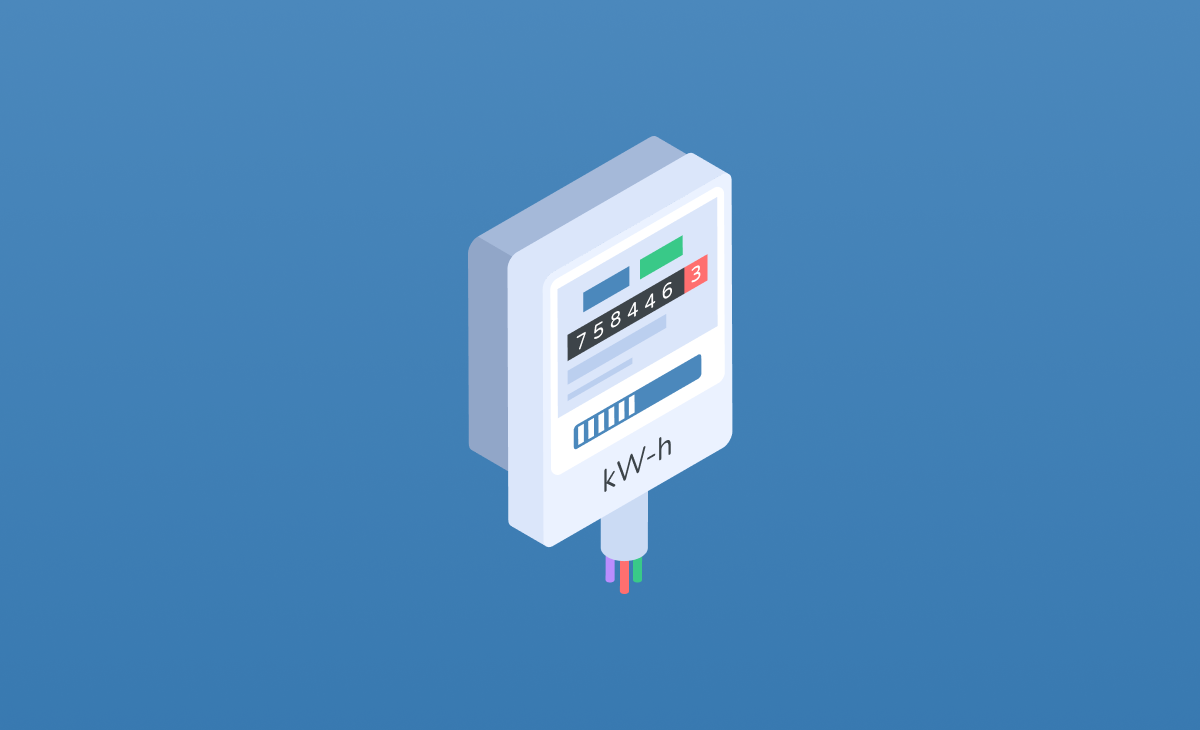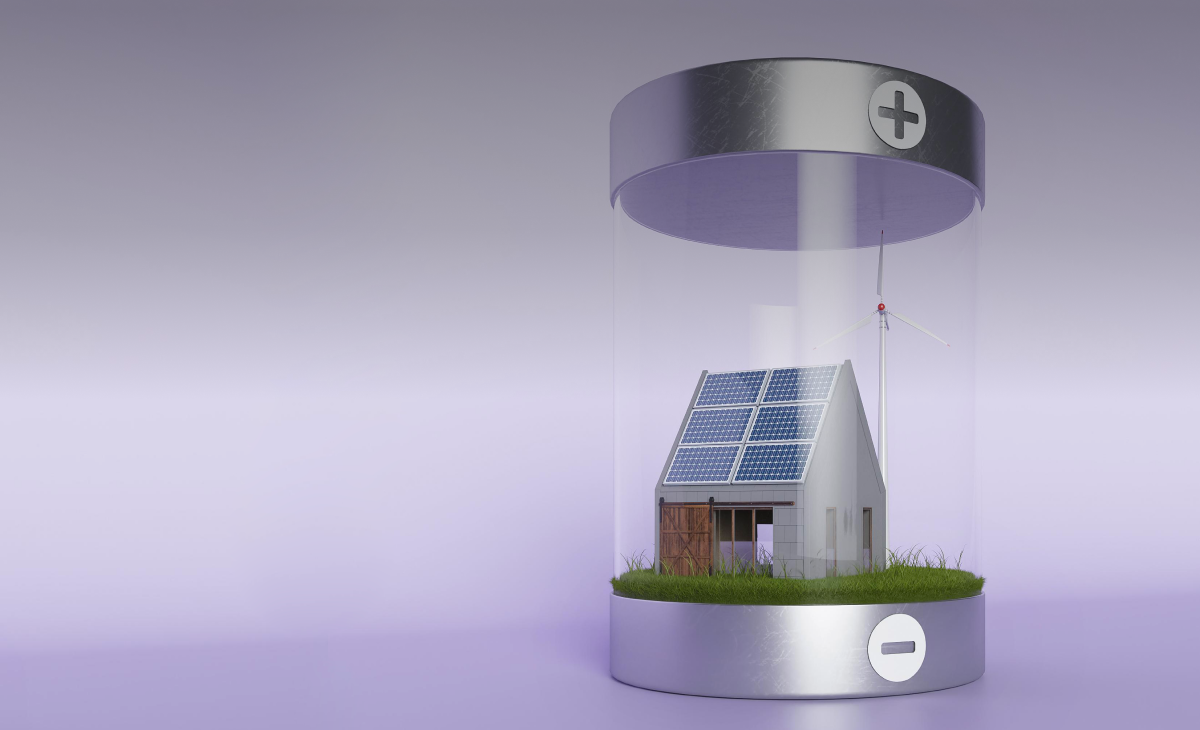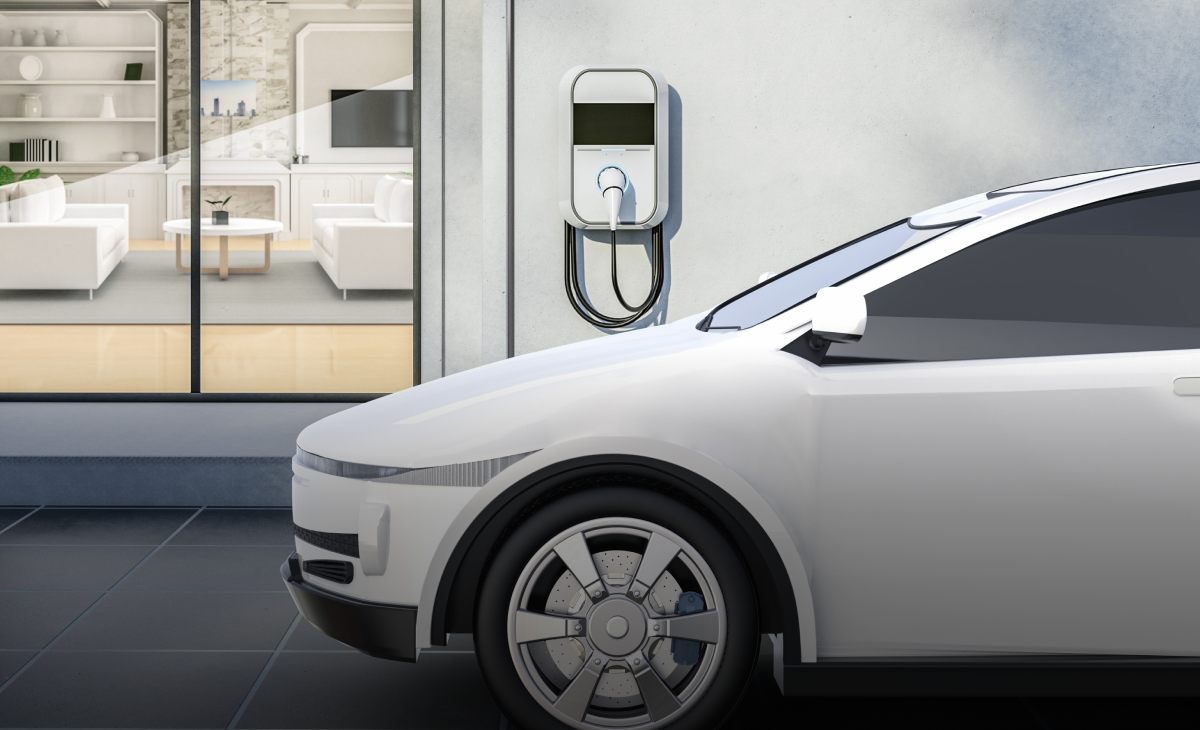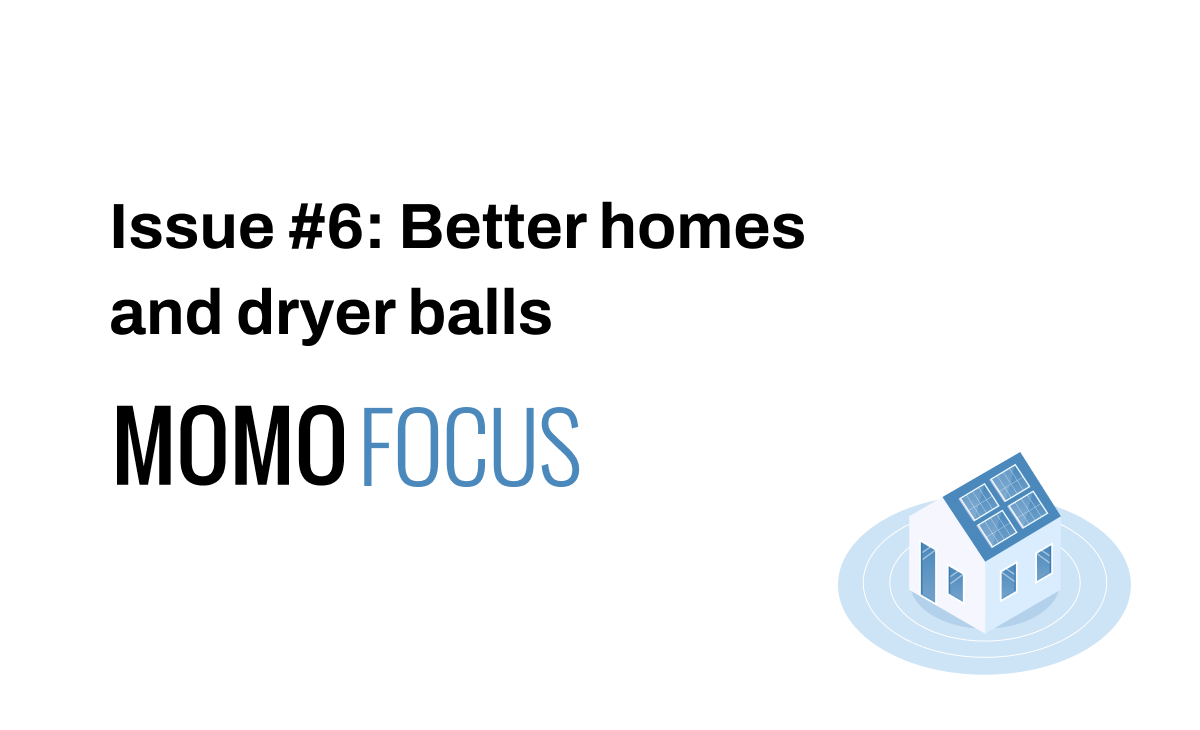Net metering: The open secret of lower utility bills

Imagine a future in which your local utility cuts your bill in half for the electricity you generate at home.
That future, as they say, is now. It’s called net metering, and you deserve to know about it.
What is it, exactly?
Net metering, also known as net energy metering or NEM, is an electric billing system that uses the power grid to “store” excess energy produced by your home solar panel system.
Under net metering, the juice your system produces that you don’t use is credited back to you by your utility.
At night, or on rainy or cloudy days, or maybe during a Saturn return (I’m not 100% sure about that one) when your solar panels can’t generate enough energy, the utility grid will feed energy to your home.
They’ll then count that energy against the credits you’ve banked over time. That means they’ll only bill you—a smarty-pants solar customer—for your “net” energy usage.
With a carefully designed home solar system, you can generate enough electricity to match your home’s electricity use for the whole year.
But the level of electricity your solar panels produce varies throughout the year: more in summer months, and less in the winter when the sun is lower in the sky and sets earlier and your cousin gets Seasonal Affective Disorder.
With net metering, you can manage these ups and downs by withdrawing the energy you banked when you need it most.
Where did it come from?
Net metering policies were designed to meet two goals: first, to encourage widespread adoption of renewable energy. Second, because utilities–and the power grid as a whole–can benefit, too.
The influx of low- to no-cost solar energy onto the grid helps balance their cost of buying power from other resources, particularly during peak summer months when electricity is at its highest price and you’re rethinking that move to Phoenix.
Wait, do they cut me a check?
Honestly, probably not.
In most cases, your utility won’t be handing you cash for your extra power. But the money you save on lower bills can definitely help you more quickly offset that solar system investment.
In some states, if you generate more electricity than you use in a year, utilities allow you to carry credits over into future years. Others will reduce your credits.
Basically, you want a system large enough to offset as close to 100% of your electricity use as possible, but not a whole lot more.
Is it everywhere?
Net metering policies are mandated by states, and the vast majority offer net metering. As of this writing, a handful (Alabama, South Dakota, and Tennessee) do not. Two other states—Texas and Idaho—have other compensation policies.
But due to the evolving nature of electricity demand and the usual political squabbling, the policies are not set in stone.
If you’re considering net metering as one of the perks of investing in a home solar system, check the status of your local laws. DSIRE (Database of State Incentives for Renewables and Efficiency) keeps an updated list.
What’s the catch?
Some argue that net metering benefits those who can afford solar systems over those who can’t. As more customers take advantage of net metering, utilities shift their fixed costs to non-net-metering customers.
Some utilities might limit the amount of power they credit you for, restrict the number of net metering customers in your area, or not compensate you for the full retail rate of the electricity you produce. Check your state laws and the policies of your utility.
Also, you can’t go completely off-grid and still take advantage of net metering. It’s only for those of us who keep one foot in civilization.
So what’s the bottom line?
With those caveats, net metering is still a better deal than the one you get without a solar system. (We believe in solar so much that we offer more than one choice of system for every Momo Home.)
As solar continues its dizzying rate of expansion (the US generates more than 80 times the amount of solar energy it did a decade ago), states and utilities might pull back on net metering.
But for now, it’s in place, and we thought you should know.
Cheers,
Mike
Mike McAllister is head of story for Momo Homes.
Track the global transition to sustainable homebuilding.
Subscribe to the Momo Focus newsletter.





